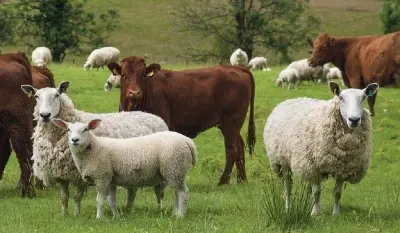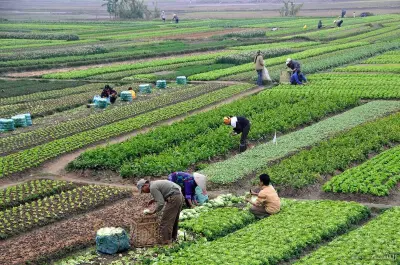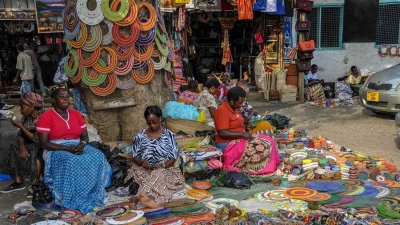


Directory of livestock suppliers in Tanzania
 Fredericus Lutinwa9 months ago
Fredericus Lutinwa9 months ago Red rubby, Tanzanite, Diamond, Blue Sapphire, Red Mecury. Timber/redwood. SRuby, Diamond, Emerald, Tanzanite, Cereals And Legumes
Red rubby, Tanzanite, Diamond, Blue Sapphire, Red Mecury. Timber/redwood. SRuby, Diamond, Emerald, Tanzanite, Cereals And Legumes Omega Valentine16 months ago
Omega Valentine16 months ago ROUGH YELLOW/BLACK OPAL
ROUGH YELLOW/BLACK OPAL



